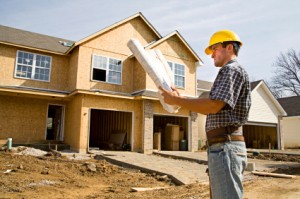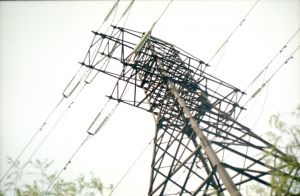
October 28, 2011
Factors That Affect Your FHA Loan Amount
FHA loan applicants naturally want to know how much mortgage they are qualified to get–how much can an FHA borrower receive on an FHA insured home loan? The answer isn’t as simple as a fixed dollar amount. There are many things that factor in to the final FHA home loan amount and not all of them are connected to the sale price of the home. Your FHA loan amount is influenced by the current state of the housing market, the interest rate on the loan, the asking price on the property and the fair market value of the home. The first and most obvious factor that can affect an FHA home loan amount is the borrower’s qualifications. How much are you qualified to borrow based on your income and debt | more...






